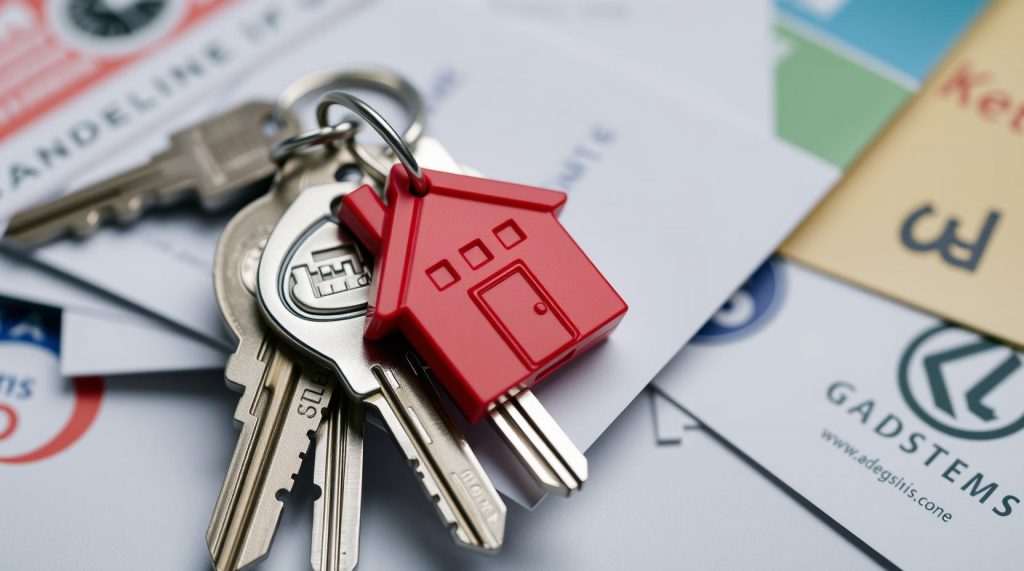Renting your first home is an exciting milestone, but it can also be a complex process if you’re unfamiliar with what to expect. From understanding rental agreements to managing budgets and avoiding scams, preparation is key to a successful rental experience. This guide provides essential tips and advice for new renters to help you navigate the process with confidence.
First-Time Renter Tips
As a first-time renter, it’s crucial to understand the basics of renting. Start by determining your budget, which should include not just rent but also utilities, renter’s insurance, and potential parking fees. Research neighborhoods to find a location that fits your needs and lifestyle. Be prepared with necessary documents, such as proof of income, references, and identification, to streamline the application process. Planning ahead ensures you’re ready when the perfect rental opportunity arises.
Advice for New Renters
For new renters, knowledge is your best ally. Take the time to read online reviews about properties and landlords to gauge the quality of the rental experience. During property visits, ask about maintenance policies and who to contact for repairs. Always clarify the terms of the lease, including policies on guests, pets, and alterations to the property. Asking questions upfront can prevent misunderstandings later.
What to Expect When Renting
Renting involves several steps, from viewing properties to signing a lease. Expect to pay a security deposit, which is typically one to two months’ rent, in addition to the first month’s rent upon signing. Landlords may also conduct a background or credit check, so ensure your financial history is in good standing. Be prepared to sign a rental agreement that outlines rules, responsibilities, and the duration of your stay. Reading and understanding the lease is critical before committing.
How to Avoid Rental Scams
Rental scams can be a pitfall for first-time renters, but there are ways to avoid them. Be cautious of listings with unusually low rents or landlords who rush the process without meeting you in person. Never wire money or provide sensitive information without verifying the legitimacy of the property. Visit the property in person and ensure the landlord or property manager is professional and transparent. Trust your instincts; if something feels off, it probably is.
Understanding Rental Agreements
A rental agreement, or lease, is a legally binding document that protects both you and the landlord. It typically includes details about rent, lease duration, rules for the property, and policies on security deposits. Read the agreement carefully and clarify any unclear terms before signing. Pay attention to clauses about repairs, early termination, and penalties for late rent. Understanding the agreement ensures you know your rights and responsibilities as a tenant.

First-Time Renter Guide
First-time renters should approach the process step by step. Start by creating a list of must-haves, such as location, amenities, and proximity to work or school. Visit multiple properties to compare options and take notes during each viewing. After selecting a property, review the lease thoroughly and document the condition of the property upon move-in. Being methodical helps you make an informed decision and ensures a smooth transition into your new home.
Moving Into a Rental Property
Moving into a rental property requires preparation. Before moving day, set up utilities like electricity, water, and internet. Inspect the property thoroughly and document its condition with photos or videos to avoid disputes over the security deposit later. Familiarize yourself with the property’s features, such as how to operate appliances and where to find the breaker box. A little preparation goes a long way in settling into your new home.
Budgeting for Your First Rental
Budgeting is a crucial step in renting. Aside from monthly rent, account for utilities, renter’s insurance, and potential extras like parking or pet fees. Save for upfront costs, including the security deposit and first month’s rent. It’s also wise to have a small emergency fund for unexpected expenses, like repairs that aren’t covered by the landlord. Sticking to a budget ensures you can afford your new home without financial strain.
Common Rental Mistakes to Avoid
Avoiding common rental mistakes can save you time and money. Don’t rush into signing a lease without understanding its terms, and always inspect the property in person before committing. Avoid exceeding your budget, as this can lead to financial stress. Lastly, document everything—keep records of rent payments, correspondence with the landlord, and any maintenance requests to protect yourself in case of disputes.
Security Deposits Explained
A security deposit is a sum paid to the landlord to cover potential damages or unpaid rent. It’s refundable if you leave the property in good condition. To ensure you get your deposit back, document the property’s condition upon move-in and report any pre-existing damage. When moving out, clean the property thoroughly and repair minor damages. Following the lease terms and maintaining the property are key to a full refund.
In conclusion, renting your first home involves a mix of excitement and responsibility. By following these tips, budgeting wisely, and understanding the rental process, you can avoid common pitfalls and enjoy a smooth transition into your new space. With preparation and attention to detail, your first rental experience can be a rewarding step toward independence and stability.

Leave a Reply